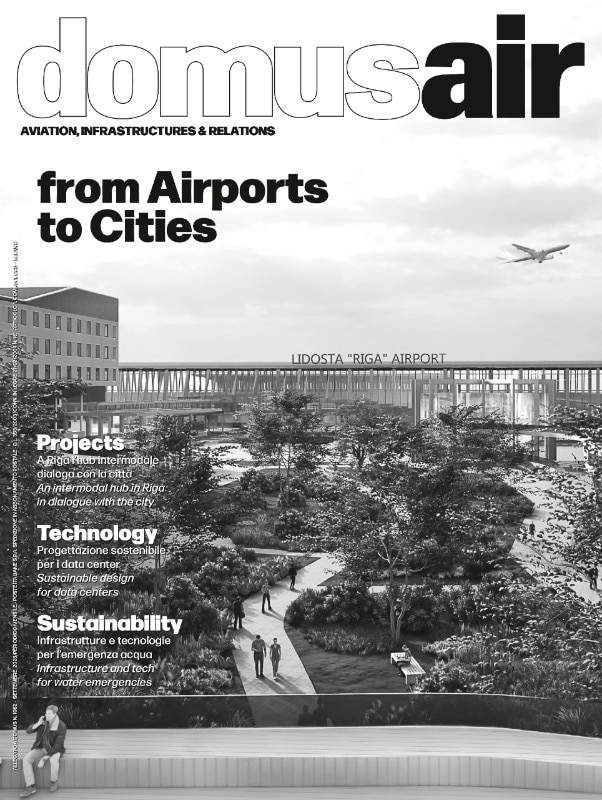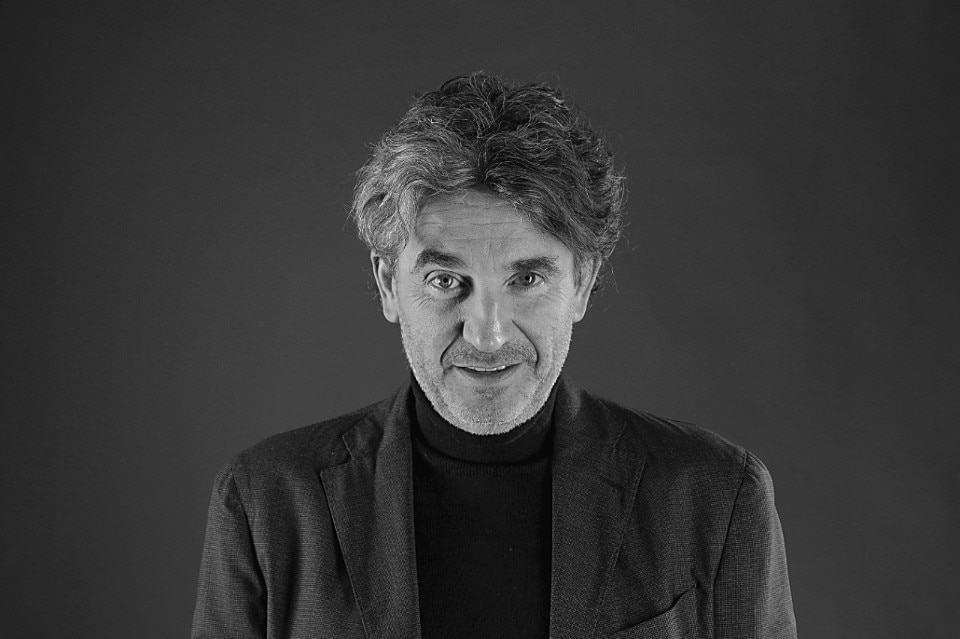Nobody has investigated the nature of our time more than Mauro Ceruti and Edgar Morin, two philosophers whose research has touched the heart of our present time, its grievous lack of reference points, tools, and horizons. Today, the feeling of alienation we face before this depth, this fall, this abyss of unknown forces has become a shared experience, indeed a scary one, because behind every detail of the world lies an unknown universe. The other face of simplicity is the darkness of its infinite power.
Yet faced with this complexity, Morin and Ceruti saw the surfacing of a “community of destiny,” a deeply human feeling connecting all individuals on earth. A feeling that architects, engineers, designers and all “technical professionals” who tangibly operate on the world know well, offering people and communities solutions for associated living. After all, cities are extraordinary laboratories of complexity, because they are a combination of infinite networks, that are both integrated and increasingly autonomous.
Scientific director of DomusAir, Giulio De Carli, concludes this issue with his reflection on this aspect, granting me the opportunity to present a different reflection. Today, it is impossible to imagine patterns of change without resorting to the theory of punctuated equilibria, natural history discontinuism, and ecological and environmental dynamics. Today, unless we compare history, geography, anthropology, architecture, engineering, solid mechanics, cybernetics, and evolutionary sciences, we are unable to understand the role of human cultural diversities, as well as the meaning of globalisation and where it is leading us.
This unprecedented scenario was first outlined by Italo Calvino, who dedicated to “multiplicity” one of his Six memos for the next millennium, which he was to read at Harvard in the autumn of 1985. For Calvino, multiplicity was the novel that always had to represent the world as “a knot, a tangled skein of yarn, without in the least diminishing its inextricable complexity or, to put it better, the simultaneous presence of the most disparate elements that converge to determine its every event.” So in Calvino, Ceruti, and Morin’s view “complexity” refers to many things being inextricably linked. Everything becomes cause and effect, as the pandemic, the climate emergency, and the asymmetrical and unexpected wars breaking out in the heart of Europe have shown us.

Today, our lives are made up of many mutually affecting crises that cannot be isolated from one another: our health and international politics, our affective dimension and climate instability, the choices we do not make and high energy physics. There is plenty of talk about circular economy, but in fact everything is circular, because the paradigm of causality has collapsed, turning cause into effect and effect into cause, based on criteria that are neither predictable nor objective. The success of TikTok, where often semi-illiterate young people earn huge amounts of money, is proof of this. TikTok is not an anomaly of the system, it is the system itself.
At DomusAir we are aware that we are heirs to a tradition that has accustomed us to seeing complexity as a fog to be dispelled. Precisely for this reason, we try not to. We don’t wish to translate everything into simplicity, but we do try to discriminate between what is complex and what is complicated. The computer I am writing with is complicated, because in principle it can be traced back to the sum of its single parts. But the cell of a living being, a kindergarten, and even a city are complex systems, because they cannot be explained by analysing their single parts. This is where things become interesting. Contrary to what one might assume, an increasingly complex world doesn’t diminish our responsibility; instead, it expands our horizon, demanding more and more decisions. Our decisions are becoming increasingly aware, yet we do not know where they will lead us. This aporia of our times, is something we cannot avoid, even if we wished to.


